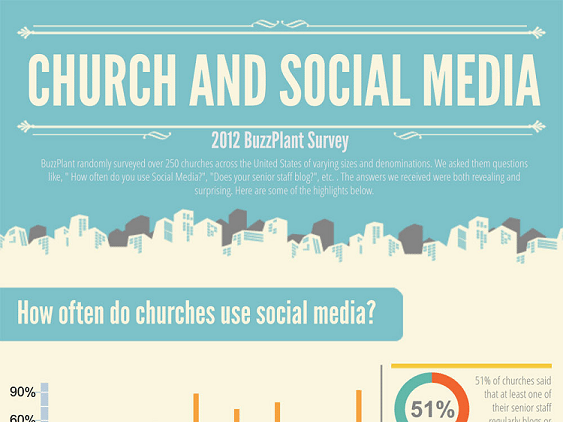Looking Into The Substantial History And Ongoing Effects Of Catholic Schools All Over The World
Looking Into The Substantial History And Ongoing Effects Of Catholic Schools All Over The World
Blog Article
Article By-Petersson Galloway
When you think about the background of education, Catholic institutions attract attention for their ingrained customs and enduring influence. These institutions began as a means to impart faith and worths, however they have actually adapted extremely over centuries. Today, they play an essential duty fit not simply scholastic success yet additionally moral integrity. What' go now is exactly how they have actually taken care of to grow amidst changing cultural landscapes, questioning about their future significance and impact.
The Beginnings of Catholic Education: A Historical Perspective
Catholic education traces its origins back over 1,500 years, when very early Christian areas identified the need for organized knowing. You'll find that these areas intended to hand down their belief and worths with education.
https://zenwriting.net/laura10vennie/supporting-the-entire-kid-confidence-mind-and-heart-in-catholic-schools and basilica institutions became centers of discovering, supporting both spiritual and intellectual development. As you dive deeper, you'll see that the educational program frequently included approach, theology, and the liberal arts, designed to develop well-rounded people.
With time, the Church developed extra official institutions, ensuring that education continued to be easily accessible to all. The dedication to teaching ethical values and fostering a sense of area has continued through the centuries, shaping the academic landscape and influencing plenty of lives worldwide.
This long-lasting tradition remains to influence Catholic education and learning today.
The Development of Catholic Colleges With Cultural Contexts
As societies developed, so did the function of Catholic colleges, adapting to the social contexts in which they existed. In the early years, these establishments concentrated primarily on religious instruction, however as communities branched out, they began to incorporate neighborhood languages, personalizeds, and academic requirements.
You would certainly notice that Catholic schools usually came to be facilities for social cohesion, fostering a feeling of belonging amongst students from various histories. In several regions, they addressed societal issues, such as poverty and discrimination, by offering accessible education and learning for all.
As you discover different cultures, you'll see just how Catholic schools have actually shifted their educational program and training approaches, showing the values and obstacles of their environments while remaining true to their foundational goal of belief and scholastic excellence.
The Modern Duty and Effect of Catholic Schools in Society
In today's world, Catholic colleges play a crucial function fit not just the educational landscape, but likewise the wider community.
You'll locate that these institutions stress worths like respect, empathy, and social justice, promoting well-rounded individuals that contribute positively to society. By focusing on scholastic excellence and ethical growth, Catholic colleges prepare trainees for future difficulties, supporting crucial reasoning and management skills.
They commonly offer diverse populations, connecting voids in accessibility to quality education. Furthermore, you may observe their dedication to solution, encouraging trainees to take part in area outreach and volunteer work.
This mix of education and moral support makes Catholic schools a significant force, cultivating responsible people that can impact their neighborhoods for the better.
Conclusion
Finally, Catholic institutions have an abundant history that's formed their enduring influence on culture. You've seen just how they've adjusted to different cultural contexts while preserving a commitment to faith, worths, and scholastic quality. Today, they remain to play an essential function in cultivating neighborhood, promoting social justice, and nurturing responsible residents. As you assess their tradition, it's clear that Catholic institutions continue to be an effective pressure for favorable modification worldwide.
